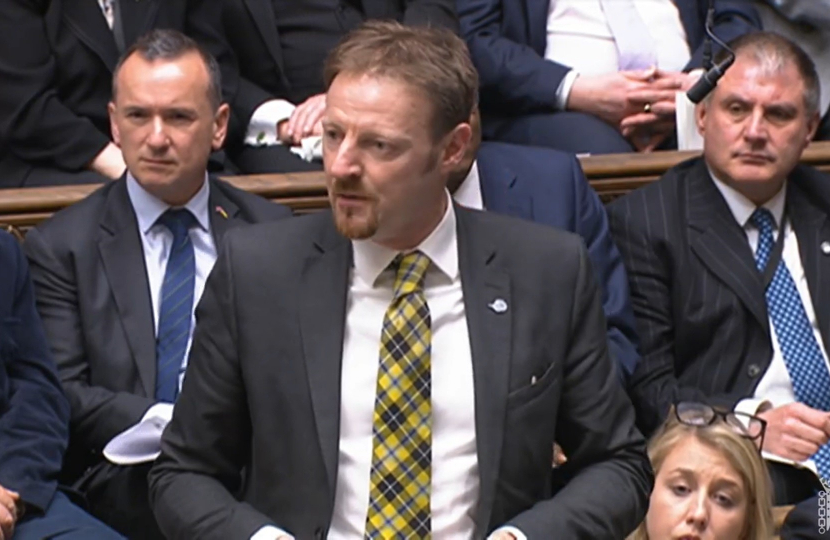
Many good things are initiated in Cornwall (I like to think West Cornwall) and the Ronnie Williams Memorial Charity is one such example. I knew Ronnie as his daughter was closely involved in youthwork I used to lead in Penzance. Since Ronnie’s sudden death in 2008, his brother-in-law Paul (along with those involved in the charity) have raised colossal sums of money to supply and fit defibrillators and other equipment and provided training across the Duchy and beyond. VAT is currently charged and, whilst there are ways to navigate this, the easiest solution is to get VAT removed from such medical equipment which is an effort I’m engaged in with the Treasury with the support of Paul and a number of local parish councils. The Chief Secretary to the Treasury has agreed to look at this and has requested more information which obviously we will be glad to collate. It would be a worthy acknowledgment of the charity’s effort if we can win this concession for all defibrillators country-wide!
For years now it seems we have been debating housing policy in Parliament and last week the Bill came back to the Commons from the Lords with a number of amendments. Two that I took specific interest in as I spoke in the debate related to the delivery of rural services (obviously this is especially relevant to West Cornwall, but I also chair the All Party Parliamentary Group for Rural Services in Westminster) and the methodology that will be applied for the next round of Levelling Up Funds. I spoke in support of Helston. To date the town and surrounding villages have missed out on regeneration funding whilst Scilly, Penzance and St Ives have a combined figure of £98m allocated from Central Government. There are some great initiatives drawn up that will help to make Helston and the area, safer, healthier and wealthier and I’m pressing for funding to be awarded to Helston at the earliest opportunity. For the whole of Cornwall and Scilly, I used the debate to press the point that, more often than not, it costs more to live in rural areas and more to deliver rural services. Wages are lower, house prices are often higher, homes are more expensive to heat, delivering public transport and other services, such as social care, are more challenging etc. I’ve been working with the Ministers and was pleased the the Government has approved the demand to give particular regard to rural proofing. In other words, that consideration of levelling up must have regard to the impact on rural areas and will address the needs of rural communities. When the Levelling Up Bill becomes an Act Government Levelling Up ‘Missions’ must consider economic, social and other outcomes in setting up levelling-up missions, including the specific needs of rural communities. This seems obvious but for too long the perfectly understandable ‘value for money’ test has favoured densely populated conurbations. Along with prioritising housing for local families, the Levelling Up Act increases the opportunity for further devolution to Cornwall and helps to address inequalities faced by rural and coastal communities.




